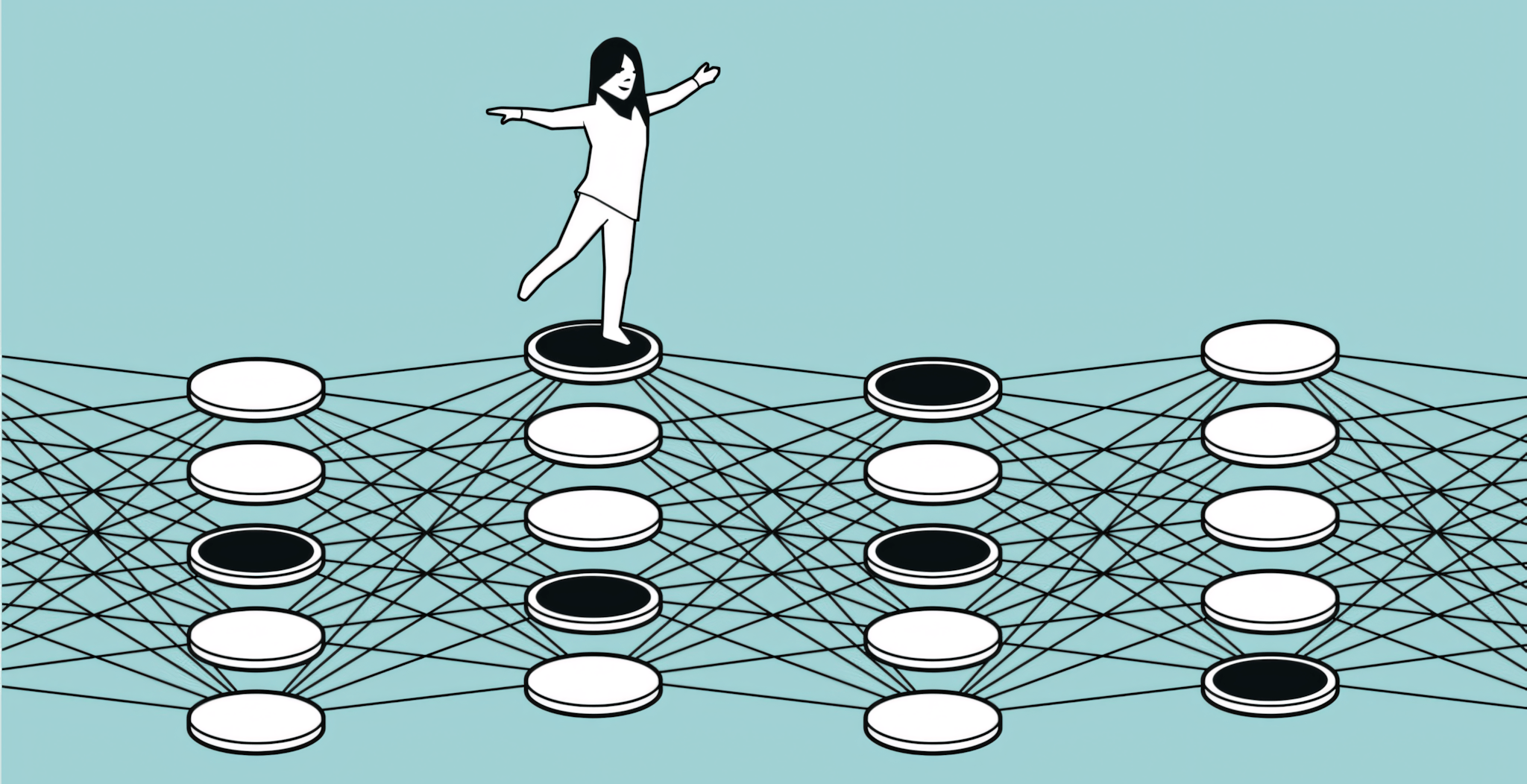AI pioneers Hopfield and Hinton win Nobel Prize in Physics for neural network breakthroughs

John Hopfield and Geoffrey Hinton have been awarded the 2024 Nobel Prize in Physics for their groundbreaking contributions to the field of machine learning using artificial neural networks. The Nobel Committee recognized the two scientists "for foundational discoveries and inventions that enable machine learning with artificial neural networks."
Hopfield developed an associative memory capable of storing and reconstructing patterns in data, while Hinton invented a method for autonomously recognizing properties in data. Both researchers drew inspiration from physics concepts: Hopfield's network is based on the physics of describing material properties based on atomic spins, and Hinton's Boltzmann machine utilizes approaches from statistical physics.
The Nobel Committee emphasized that the work of Hopfield and Hinton forms the foundation for today's powerful artificial intelligence systems. Their findings are already being applied in various physics applications, such as the development of new materials.
The prize winners will share the prize money of 11 million Swedish kronor.
Hinton's previous recognition with turing award
This Nobel Prize marks the second high-profile award for Geoffrey Hinton in recent years. In March 2019, he received the Turing Award, the most prestigious honor in computer science, alongside Yann LeCun and Yoshua Bengio. The million-dollar prize acknowledged the three researchers' achievements in deep learning, which has become the dominant AI computing method.
According to the Turing Award, Hinton, LeCun, and Bengio persisted with the deep learning approach even when other scientists had lost faith in it. Their perseverance paid off, as the remarkable AI advancements in recent years, such as speech processing and automated image recognition and generation, are built upon deep learning combined with more powerful computers and vast amounts of data.
A significant turning point for deep learning occurred in 2012 when a deep learning network co-developed by Hinton outperformed all competing methods in the Imagenet image recognition test by 41 percent. Since this "Imagenet moment," deep learning has emerged as the predominant AI calculation method.
AI News Without the Hype – Curated by Humans
As a THE DECODER subscriber, you get ad-free reading, our weekly AI newsletter, the exclusive "AI Radar" Frontier Report 6× per year, access to comments, and our complete archive.
Subscribe nowAI news without the hype
Curated by humans.
- Over 20 percent launch discount.
- Read without distractions – no Google ads.
- Access to comments and community discussions.
- Weekly AI newsletter.
- 6 times a year: “AI Radar” – deep dives on key AI topics.
- Up to 25 % off on KI Pro online events.
- Access to our full ten-year archive.
- Get the latest AI news from The Decoder.